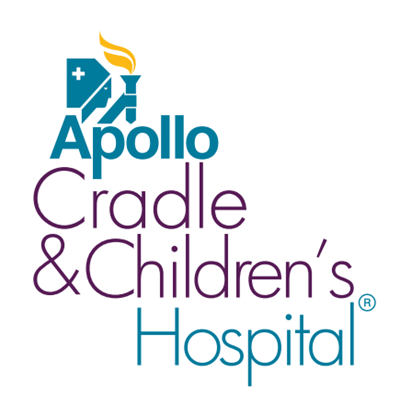Screening for maternal infections during pregnancy is essential to protect the unborn baby and ensure a healthy birth outcome.
This process involves testing for common infections that can be harmful to an unborn child, such as rubella, toxoplasmosis, cytomegalovirus, and hepatitis B.
Pregnant women must be aware of the risks associated with these infections and how they can be prevented or treated. With early detection and appropriate treatment, the mother and baby can remain healthy throughout the pregnancy.
What is screening for maternal infections?
Screening for maternal infections is a process that tests a pregnant woman's blood and urine to check for any bacteria or viruses that could harm the baby during pregnancy.
It also looks for any genetic conditions that may be passed on from mother to child. If an infection is detected, appropriate treatment can be started, helping reduce the risk of complications.
The screening process usually takes place at around 10 to 12 weeks of pregnancy, although some tests may be performed later in the pregnancy.
Who qualifies for screening for maternal infections?
Screening for maternal infections is recommended for all pregnant women. Depending on the region and risk factors, screening may be performed at different points during pregnancy.
Women who have previously had a child with an infection or who have tested positive in the past should also be screened. Those at high risk due to lifestyle choices, including drug use, are also recommended to undergo screening.
How should a patient prepare for screening for maternal infections?
Prepare for screening for maternal infections by having a full medical history assessment with your doctor.
You should also have a physical exam, including measurements of your height and weight, as well as blood and urine tests.
Make sure to disclose any relevant information about illnesses or medications before testing. Be prepared to discuss the results with your healthcare provider.
What are the benefits of screening for maternal infections?
Screening for maternal infections during pregnancy can help identify and treat any potential infections quickly and effectively. This reduces the risk of complications, such as miscarriage and preterm birth.
Early identification and management of an infection can also reduce the risk of passing it on to the baby, which can have serious long-term health implications.
In addition, screening can alert healthcare professionals to any additional monitoring or treatments that may be necessary during pregnancy or labour.
When would a doctor suggest undergoing screening for maternal infections?
Patients may be advised to screen for maternal infections during the first trimester of pregnancy. Maternal infections can be tested for through blood and urine tests, which are usually done by the patient's doctor or midwife.
Testing is recommended to ensure that any infections that could affect the unborn baby are detected early and treated accordingly. Some of the most commonly screened infections include HIV, Rubella, Syphilis, Hepatitis B, and Chlamydia.
Furthermore, if a patient is at high risk of infection due to lifestyle factors or travel history, screening may also be recommended.
Conclusion
Screening for maternal infections is an important part of prenatal care, as it can detect the presence of any infections that could potentially harm the mother and/or baby. It is a simple procedure that should be done early in the pregnancy to ensure the health of both women and babies. This screening proves essential in providing mothers with the necessary information and treatment options they need to have a safe pregnancy and delivery. Maternal infection screening is an invaluable tool for providing peace of mind during this special time.
Request an appointment at Apollo Cradle, Hyderabad - Kondapur. Call 1860-500-4424 to book an appointment.
Antenatal screening can detect infections such as syphilis, HIV, hepatitis B, chlamydia, gonorrhoea, and toxoplasmosis.
Generally speaking, it is recommended that mothers get tested for maternal infections at their first prenatal visit.
Depending on the type of infection detected, positive test results could mean that the mother needs to start treatment for the infection or take extra precautions throughout her pregnancy. It may also indicate that the baby may need additional monitoring or testing after birth.
While antenatal screenings are generally safe, there is a small risk of complications related to drawing blood or having an ultrasound procedure. These risks should be discussed with a healthcare provider before testing.
Depending on the type of infection, there may be multiple treatment options available, including antibiotics, antivirals, or other medications. Additionally, lifestyle modifications such as diet and exercise may also be recommended.
Our Doctors
Treatments
- Blood Tests
- Down's Syndrome Screening
- Early Anomaly Scan
- Fetal Anomaly Scan
- Fetal Echocardiography Scan
- Fetal Ultrasound
- Fetal Well-Being Scans With Fetal Doppler
- Nuchal Translucency (NT Scan)
- Pre-eclampsia Screening
- Pre-Natal Screening & Test
- Screening Test For Maternal Infections
- Surveillance And Monitoring Of Twin Pregnancies
- Tests For Thalassemia And Sickle Cell Disease
- Viability Scan

 95 Patient Satisfaction Score
95 Patient Satisfaction Score

